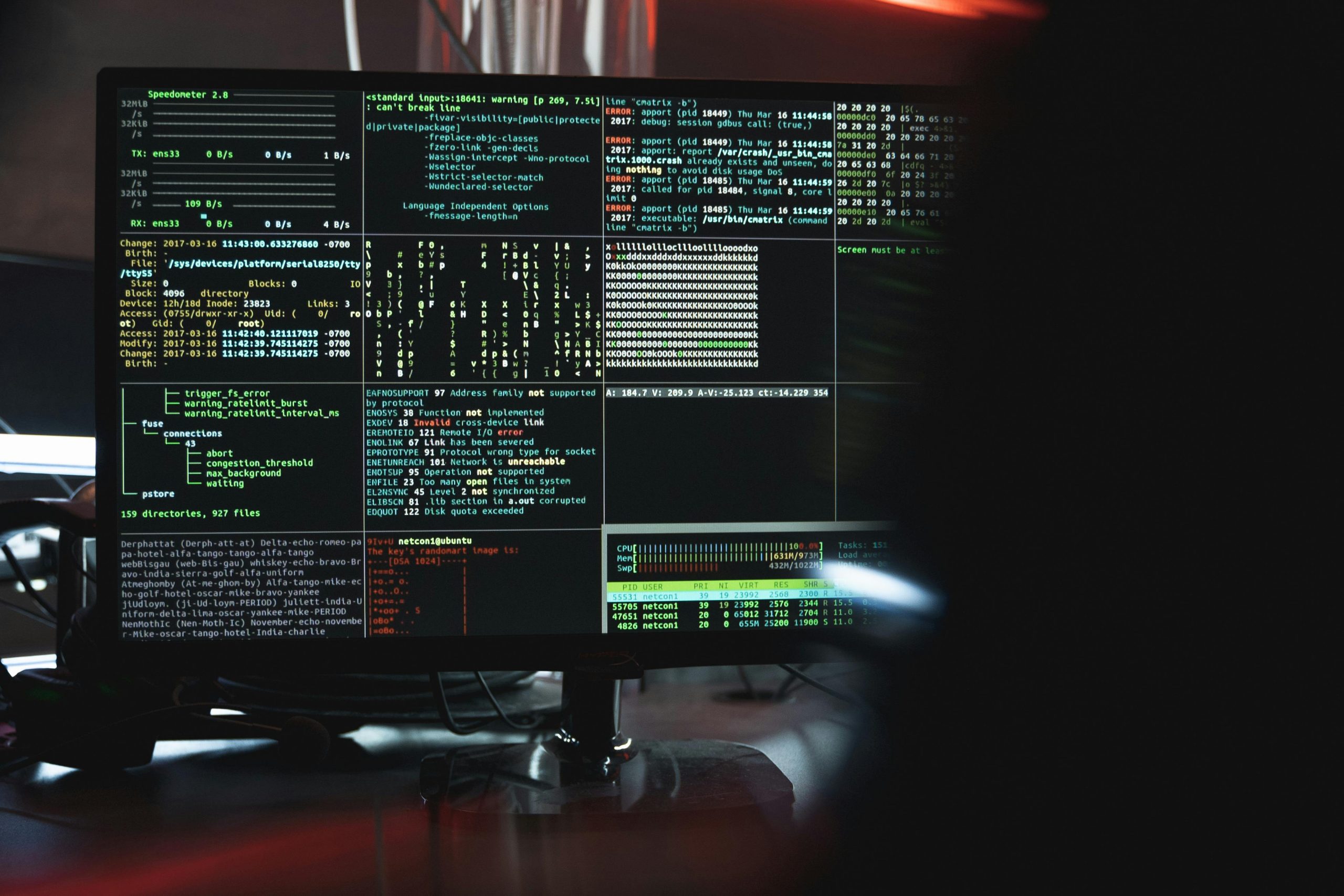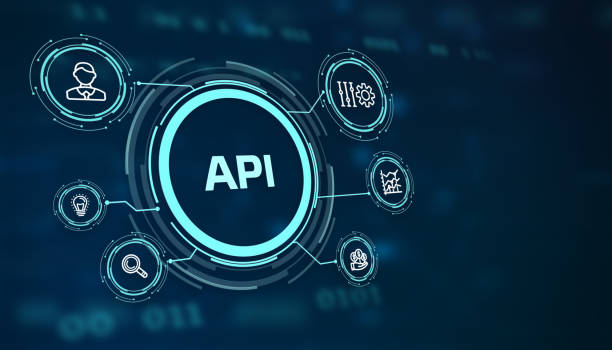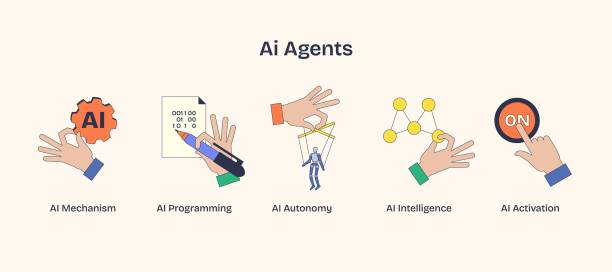Enterprise software continues evolving, shaping how organisations operate, collaborate, and deliver value. In 2025, technology leaders focus on scalability, integration, user experience, and intelligent automation. The role of enterprise platforms will expand beyond operational efficiency, becoming central to digital strategy, data governance, and innovation at scale. Here are the most defining trends shaping enterprise software this year: 1. AI-Native Platforms Take Centre Stage Enterprise software now integrates AI as a foundational rather than an added
In modern software development, productivity extends beyond writing code. It involves problem-solving, decision-making, and harnessing tools that assist these processes. Among the most impactful recent advancements is integrating large language models (LLMs) into development workflows. At the heart of this integration lies a valuable skill: prompt engineering. Prompt engineering is designing effective input prompts to guide language models toward useful, accurate, and consistent outputs. With well-structured prompts, developers unlock a wide range of capabilities from
Humans are using laptops and computers to interact with AI, helping them create, code, train AI, or analyze big data with fast, cutting-edge technology. As modern enterprises move toward digital transformation, adopting multi-cloud environments has accelerated. Organisations now distribute workloads across multiple cloud service providers (CSPs) such as AWS, Azure, and Google Cloud to optimise cost, performance, and reliability. At the heart of this ecosystem are Application Programming Interfaces (APIs), which facilitate communication between services,
The machine learning (ML) landscape continues to evolve rapidly. In 2025, developers, researchers, and data scientists have access to a wide range of open-source tools that empower them to build, train, and deploy models with remarkable flexibility and control. These tools support experimentation, scale with ease, and promote collaboration across teams and communities. Open-source solutions drive innovation through transparency and adaptability. They allow users to inspect, customise, and contribute to the underlying code, creating a
Artificial Intelligence (AI) agents are no longer confined to science fiction. From chatbots that mimic human conversation to autonomous systems that make financial decisions, AI agents are weaving themselves into the fabric of daily life. Yet, as these systems grow more sophisticated, they bring with them a host of ethical concerns that demand urgent attention. The question isn’t whether AI agents will transform society, they already do, but whether we can steer that transformation toward



